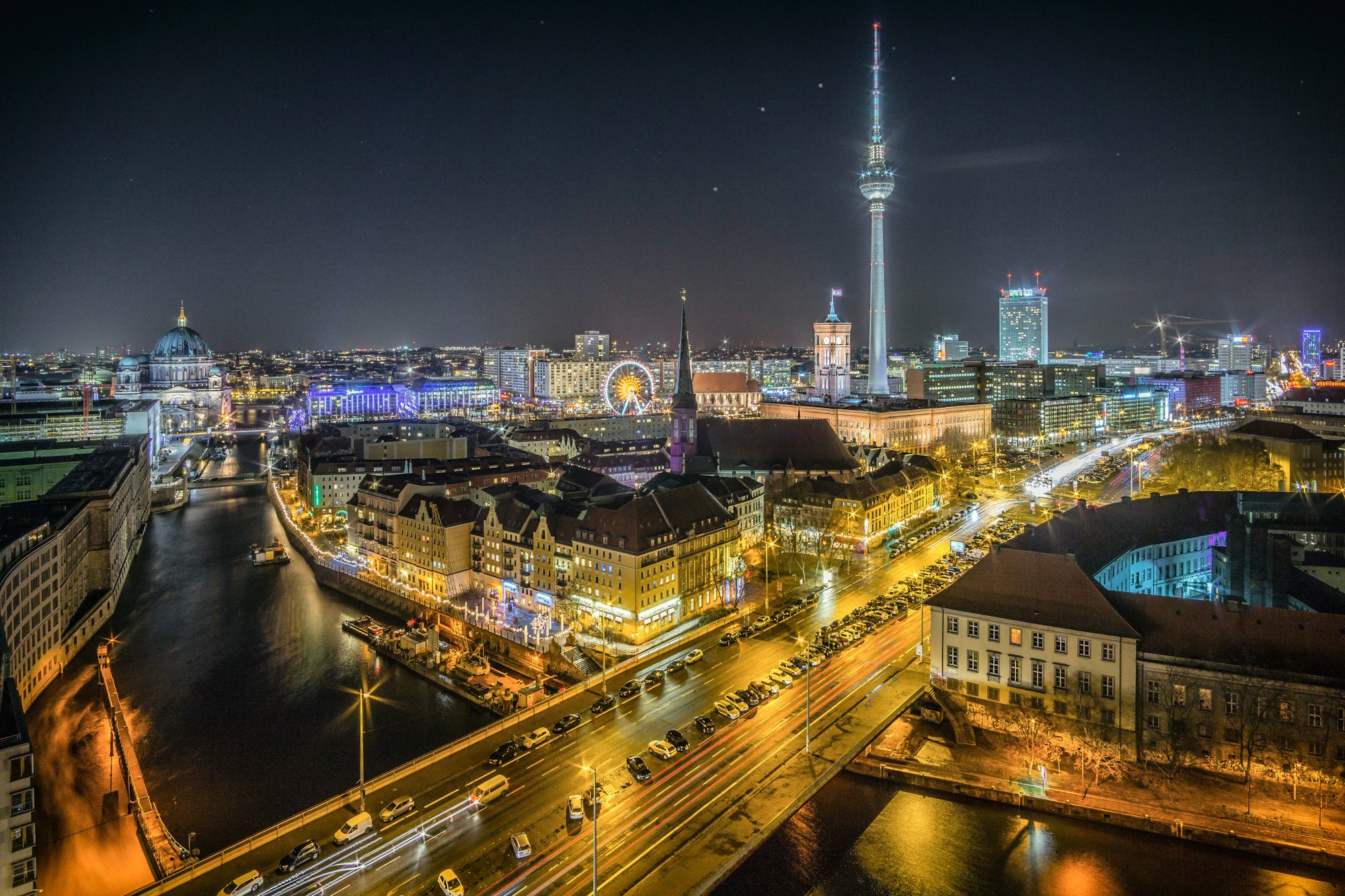EU Discord Persists Amid Escalating Gaza Crisis and Israeli Controversy
The European Union (EU) has found itself divided in terms of supporting Palestine, with certain member states expressing a desire to continue providing aid, while others have announced the suspension of assistance

The ongoing crisis in Gaza with emphasis on the humanitarian impact, death toll, and displacement has failed to unite even the Europeans.
Philippe Lazzarini, Commissioner-General of UNRWA, addresses the UN Security Council, highlighting the urgent need for a humanitarian ceasefire and the devastating consequences of the conflict, including the loss of staff members and the displacement of hundreds of thousands.
The death toll, especially among children and women, is alarming, with nearly 3,200 children reported killed in three weeks. As of October 5, the death toll had reached 9,770, rising to 10,000 by November 7, and UNRWA had lost 89 staff members by November 6.

As the tragedy in Gaza deepens, a lack of consensus among EU member states hinders unified action. The ongoing humanitarian crisis witnesses a rising death toll, increased displacement, and worsening conditions, further complicating diplomatic efforts.
A leaked document has surfaced, confirming Egyptian concerns about Israeli plans to permanently displace Gaza's population into the Sinai desert. The EU remains divided over its stance, with internal discord escalating following the Hamas attack on Israel in October.
The situation prompts global protests and calls for a ceasefire, underscoring the urgency for coordinated international intervention.
Out of Context but need to watch video
Fashback
The European Union (EU) has found itself divided in terms of supporting Palestine, with certain member states expressing a desire to continue providing aid, while others have announced the suspension of assistance. The EU has a long-standing commitment to the vision of an independent and sovereign state of Palestine, coexisting peacefully with Israel. Despite this shared goal, the EU member states have differing views on the Israeli-Palestinian question, which has hindered their effectiveness in addressing the issue.
Several EU member states, including France, Spain, and Belgium, have opposed the suspension of EU financial aid for Palestinian development and have continued providing humanitarian aid to Palestine. Even the United Kingdom, which is no longer an EU member, reportedly remains committed to aiding Palestine. However, several other member states, such as Germany, have chosen to reevaluate their development and infrastructure aid to Palestinian territories, resulting in the suspension of payments. Additionally, Italy and the Czech Republic have refused to recognize the State of Palestine.
This division within the EU reflects varying stances on the Israeli-Palestinian conflict, with some member states unconditionally supporting Israel, while others express sympathy for the suffering of the Palestinians. Nevertheless, the EU has been actively exploring ways to promote peace talks between Israel and the Palestinians to establish two states living side by side in peace. The EU has also emphasized the importance of protecting Jewish communities and combating Islamophobia in European society.
German suspension
On the other hand, Germany has decided to review its development and infrastructure aid to Palestinian territories, resulting in the suspension of payments. The German government is currently examining how its development funds have been allocated in the region. Svenja Schulze, the Development Minister from the ruling centre-left Social Democrats, has emphasized the government's commitment to ensuring that the aid is used exclusively for peaceful purposes.
However, some German lawmakers, particularly those from the conservative opposition, have called for an end to the aid. Germany's opposition to providing aid stems from the recent attack on Israel by Hamas, a Palestinian Islamist group. This attack has sparked a debate within Germany, raising questions about whether aid should be discontinued.
The EU member states have distinct views on the Israeli-Palestinian question, impacting their approach to aid provision. While some member states, including France, Spain, and Belgium, continue to assist, others such as Germany have suspended payments pending a review.
The EU as a whole is dedicated to promoting peace talks and coexistence between Israel and Palestine, but the divergence of opinions within member states limits their effectiveness. As the situation evolves, it remains to be seen how the EU will navigate this complex issue and work towards a lasting solution.


